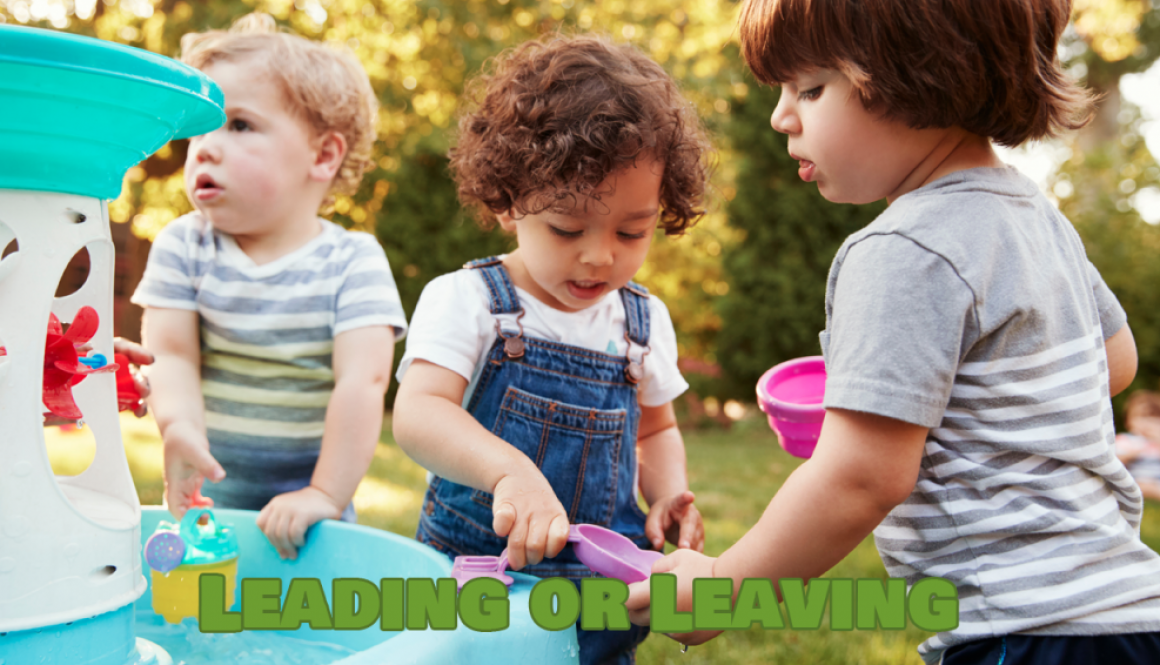
Stick to the Routine
To watch the accompanying information video go here
Imagine spending your day not knowing what is going to happen and getting pulled in different directions at any given moment.
Well, this is often the reality for young children. They wake up and literally don’t know what their day has in store for them. Creating a routine in “normal” times is very beneficial for your young child, however, now more than ever, it will make a huge difference to your child’s day as well as yours.
Creating a Routine
A lot happens in a child’s day so a bit of consistency and routine will help them relax and feel more capable.
Creating a routine that suits your child’s needs can be easier than you think. Take your cues from them:
- They may need a mid-morning snack at a similar time each day
- They may be energetic at particular times of the day and a bit sleepy at other times
- Create a calming sleep time routine
- Have meal routines
- Ensure there is a lot of playtime, however young children can only focus on one activity for short periods of time so refer to the Enabling Environment blog for tips on setting up different areas at home
- Allow for flexibility, i.e. when you need to do something that doesn’t fit with their snack time, make sure you have a fabulous snack at hand to avoid “hangry” outbursts
Creating a Schedule
Firstly, it would be great for your child to learn to understand what is coming next, happening on that given day, when something has to end, etc.
Instead of just expecting your child to move away from something they are enjoying to do something else, for example, having to stop playing in the garden to have dinner, prepare them for the transition.
Create a large daily routine chart. Use what you have at home:
- A whiteboard
- A cork board
- A large piece of paper (or many pieces of paper stuck together)
- Get creative
Create sections for different parts of the day and explain what this is and how it will work to your child.
Have something that can signal the change is time:
- An arrow or a pointing hand (perhaps you can create this with your child. A cut out of an outline of their hand pointing)
- Pin it to the cork board, BlueTrack to the paper or whiteboard, etc.
- Move the hand to the next section when it is nearly time for the next part of the day
You can make it as detailed or not as works for you, the important thing is your child has a plan for the day. You can, of course, be flexible when needed but it’s good to try stick to the routine as much and as often as you can.
To get you started, here is an example schedule:
- 7am Wake up, play in your bedroom
- 7.30am Breakfast
- 8am Get dressed, brush teeth
- 8.30am Read books and play
- 10am Morning snack
- 10.30am Physical activity and play
- 11am Arts and crafts
- 11.30am Listen and dance to music
- 12 pm Lunch
- 12.30pm Clean up
- 12:45pm Nap
- 2pm Read books and play
- 2.30pm Afternoon snack
- 3pm Physical activity and play
- 5.30pm Dinner
- 6pm Clean up
- 6.15pm Play
- 7pm Bath and brush teeth
- 7.30pm Change into pyjamas and story time
- 8pm Sleep time
Benefits of Creating a Schedule
It really is worth putting in some time to create a routine and within a few weeks you will see many benefits.
Benefits #1 – Confidence
With a routine your child will be able to go about their day without worry. Knowing what will happen will be comforting and allow them to explore, try new things and feel happy and secure. They will start to do more for themselves and feel a bit more in control of their world.
Benefits #2 – Less Meltdowns
There are many reasons why a young child will have a meltdown- they could be tired, hungry, overwhelmed, worried, confused, and the list goes on.
Taking some of these issues out of the equation can have a hugely positive impact on your child’s day. If they are aware that it won’t be long until they will have a snack, they will learn to hold on for longer. If they are aware that they will have to stop their fun game in a few minutes, as it is time to go to bed, will prepare them for the transition.
Benefits #3 – No more Bedtime Battles
Once a child has become accustomed to a particular series of events before bedtime, they will settle down much easier and sleep better and possibly longer. Hence, a calm bedtime routine is important for young children. In fact, it’s beneficial for all of us, no matter what age.
Benefits #4 – More Flexible Children
Young children with a routine have been shown to adjust better to stressful situations. They will potentially be more confident, feel more safe and secure and through better sleep routines, not be cranky due to lack of sleep. They will therefore be better at adapting to a small change in their day or a large change in their world.
Benefits #5 – Easier Life
When your child is calm, more confident and independent, you will invariably find the day easier. Dealing with your child’s meltdowns are exhausting, having to constantly respond to their on-the-spot demands is exhausting, not sleeping enough at night due to bedtime battles is exhausting.
Creating a routine, especially during lockdown, is clearly a win-win situation so why not give it a try.




